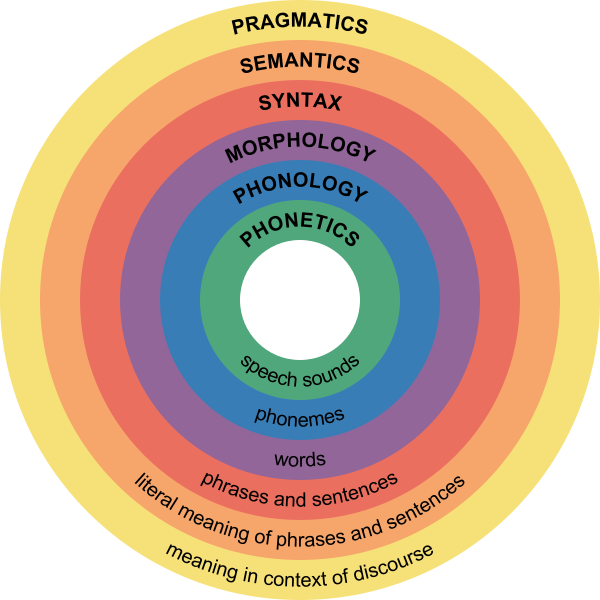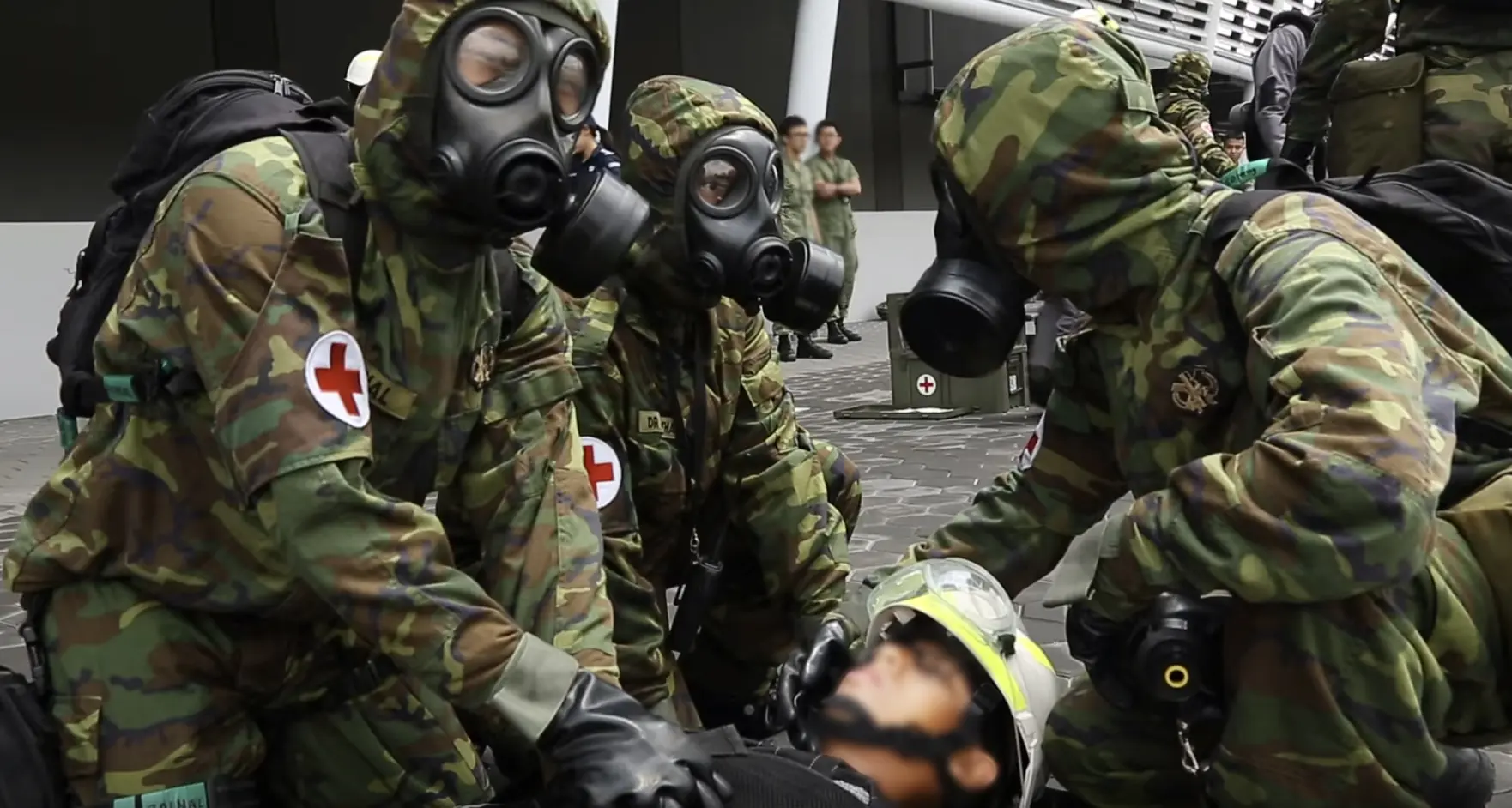Introduction
The meaning of triggers in this article according to information theory.
 |
| https://pediaa.com/difference-between-semantics-and-pragmatics/ |
A trigger is an impulse that causes people or programmed machines to take certain actions after a message has been understood in both semantic and pragmatic context. Strong triggers include furthermore the feeling of high priority and generate a strong tendency to act, well as an awareness of the consequences of not acting now.
Some examples for triggers
- Weather is stormy and rainy (semantically and pragmatically understood) ⇒
→ (Trgger) → (T) →
⇒ I have to open my umbrella - Fire breaks out ⇒
→ (Trgger) → (T) →
⇒ Trigger fire alarm and call fire department - FED is lowering prime interest rate from 2,25% to 0,5%. ⇒
→ (Trgger) → (T) →
⇒ Let's get a cheap credut (loan) in US$ and
make classical leverage invest in Dow Jones & Nasdaq!
Detect hard fact reality vs story telling theater by observing behavior of trigger
When I was in the army long time ago, we learned several emergency commands / orders. One of that was 'AC-Alarm' (Atomic nuclear, biological or chemical are launched, so troops had to immediately Initiate protective suit and emergency measures)

Well, when looking at the Coronavirus, triggers are too soft, negligently, inconsistent.
Remember all Dioxin, Plutonium, Anthrax incidents in the last 25 years, remember even Creutzfeldt–Jakob disease. triggers were much more hard and serious, even when there was never danger for many people in all that cases.
According the media Coronavirus has already killed hundreds of thousands of alleged dead, but nobody's reacting or triggering heavy casualties for real. People are still playing that game, but nobody takes / triggers that Coronavirus real serious / grievous.
The media story with Novichok was a kind of funny, but sometimes I ask myself, if we are living in times of fake news.




Keine Kommentare:
Kommentar veröffentlichen